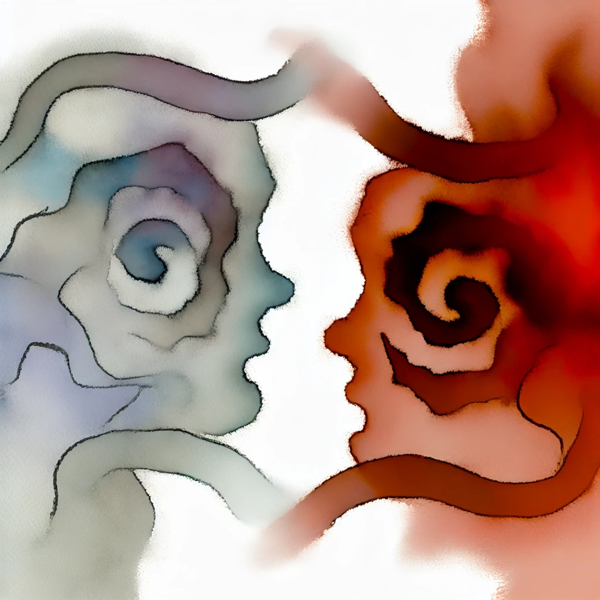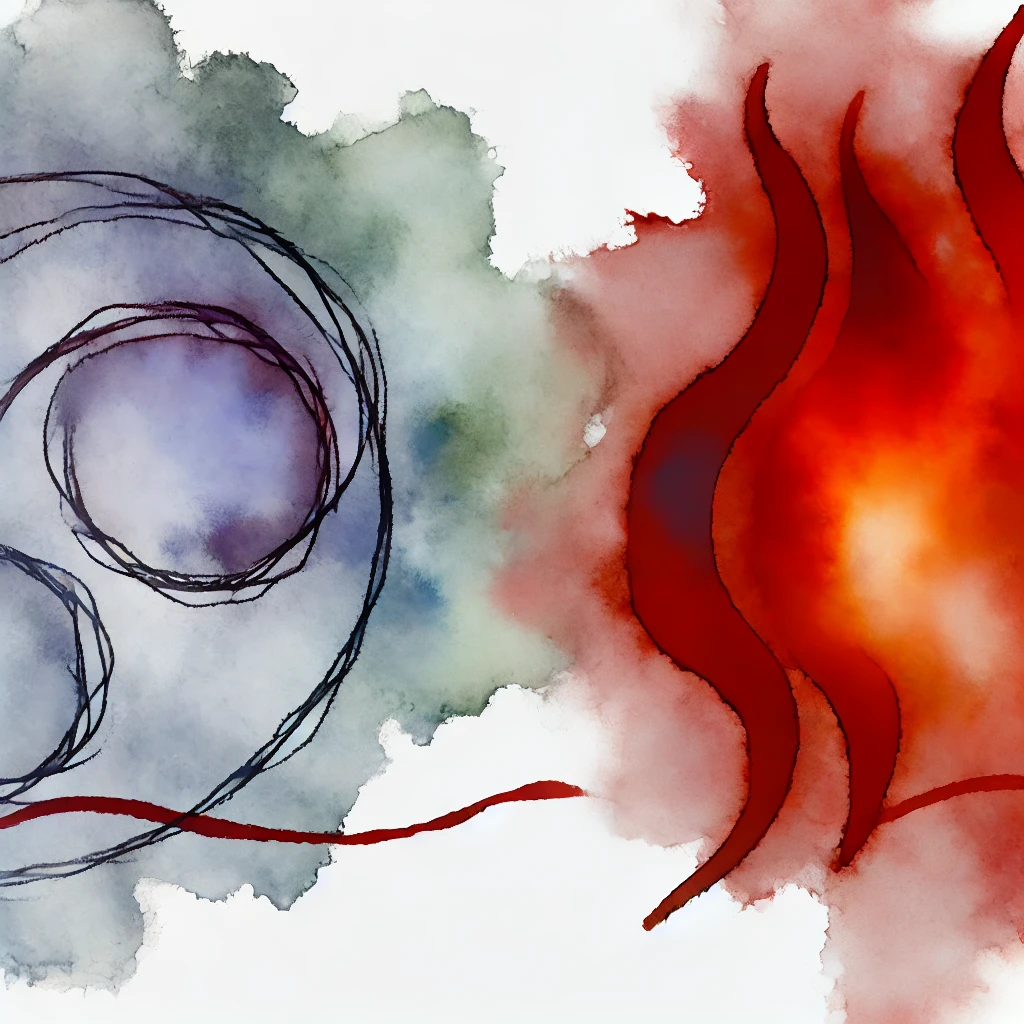In my journey through therapy, I’ve often found myself grappling with two emotions that seem to be at odds with one another: anxiety and anger. At first glance, they may appear to be completely separate experiences, but I’ve discovered that they are more closely linked than I initially realised. Understanding this connection has been a crucial step in my emotional healing and self-awareness.
Anxiety, for me, often manifests as a sense of impending doom or a fear of the unknown. It’s a constant, underlying tension that can make even the simplest tasks feel overwhelming. On the other hand, anger has always felt more immediate, a fiery response to situations that frustrate or hurt me. However, beneath the surface, I’ve come to see that these two emotions often feed into one another. Sometimes, when I think I am experiencing one, I discover that underlying it is the other.
When I feel anxious, it’s usually because I’m worried about something beyond my control. This lack of control can trigger a sense of helplessness, which in turn fuels my anger. My anger, in this context, becomes a defence mechanism—a way of asserting myself in a situation where I feel powerless. It’s as if my mind is saying, “If I can’t fix this, at least I can fight it.” But this reaction often leaves me more distressed, as the anger doesn’t resolve the anxiety; it only masks it temporarily.
Conversely, when I’ve been angry for a prolonged period, I’ve noticed that anxiety often follows. The unresolved anger festers, creating a background noise of unease that’s hard to shake off. It’s like my body and mind are on high alert, bracing for the next conflict or confrontation, even when there’s no immediate threat.

Through therapy, I’ve learned to recognise when my anxiety is morphing into anger, or when my anger is disguising deeper anxieties. This awareness has allowed me to address the root causes of these emotions rather than getting caught up in the cycle of reacting to them. By acknowledging the link between anxiety and anger, I can work towards managing both more effectively, creating a calmer and more balanced emotional state.
Have you ever noticed a connection between your feelings of anxiety and anger? What steps could you take to explore this relationship further?
